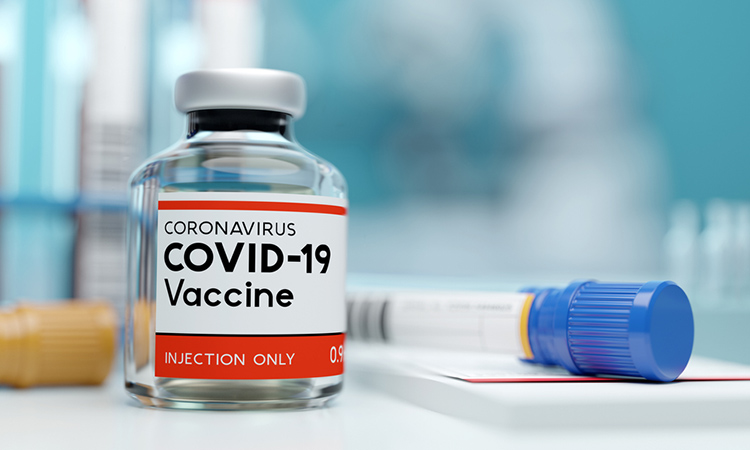The World Health Organisation (WHO) has expressed concern over the sale of fake vaccines on the internet by individuals exploiting the huge international demand for Covid-19 vaccines.
Over 177 countries have begun rolling out vaccination programmes for their populations, resulting in drug vaccine producers getting overwhelmed and failing to meet demand.
“A number of ministries of health, national regulatory authorities and public procurement organizations have received suspicious offers to supply Covid-19 vaccines,” said WHO director-general Dr Tedros Adhanom Ghebreyesus while briefing the media Friday.
“We are also aware of vaccines being diverted and reintroduced into the supply chain, with no guarantee that the cold chain has been maintained. Some falsified products are also being sold as vaccines on the internet, especially on the dark web, and we are aware of other reports of corruption and re-use of empty vaccine vials.”
Ghebreyesus further said: “We urge the secure disposal or destruction of used and empty vaccine vials to prevent them from being reused by criminal groups. And we urge all people not to buy vaccines outside government-run vaccination programmes. Any vaccine bought outside these programmes may be substandard or falsified, with the potential to cause serious harm.”
He said it was important for people to remember that any harm caused by a falsified product did not reflect a safety failure of the genuine vaccine.
“WHO regularly issues global medical product alerts on substandard and falsified products, and we will do so when and if necessary for Covid-19 vaccines and therapeutics,” said Ghebreyesus.
“We urge all countries and individuals to pay careful attention to this issue. Any suspicious sale of vaccines should be reported to national authorities, who will report it to WHO. Information flow is essential to map global threats and protect confidence in vaccines.”
At the beginning of the year, WHO issued a call for countries to work together to ensure vaccination begins in all countries within the first 100 days.
“177 countries and economies have started vaccination,” said Ghebreyesus.
“In just one month, COVAX has distributed more than 32 million vaccines to 61 countries. COVAX works. There are now just 15 days left before the 100th day of the year, and 36 countries that are still waiting for vaccines so they can start vaccinating health workers and older people.”
WHO chief said of those, 16 are scheduled to receive their first doses from COVAX within the next 15 days, adding that leaves 20 countries that are ready to go and waiting for vaccines.
He however said getting all countries started by day 100 was a solvable problem.
“COVAX needs 10 million doses immediately as an urgent stop-gap measure so these 20 countries can start vaccinating their health workers and older people within the next two weeks,” he elaborated.
“So today I’m asking countries with doses of vaccines that have WHO Emergency Use Listing to donate as many doses as they can to help us meet that target. And I’m asking manufacturers to help ensure these countries can rapidly donate those doses. There are plenty of countries who can afford to donate doses with little disruption to their own vaccination plans.”

